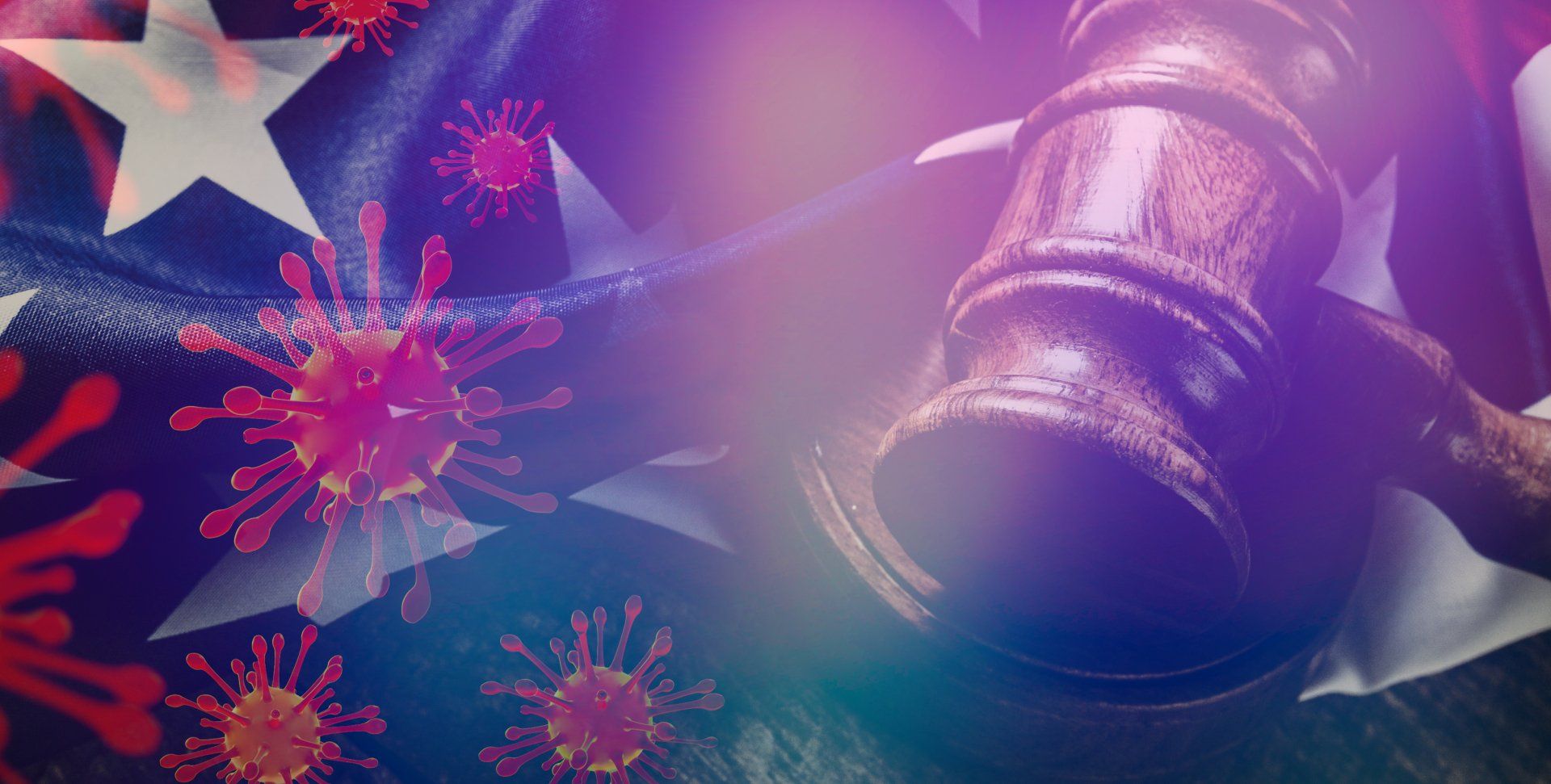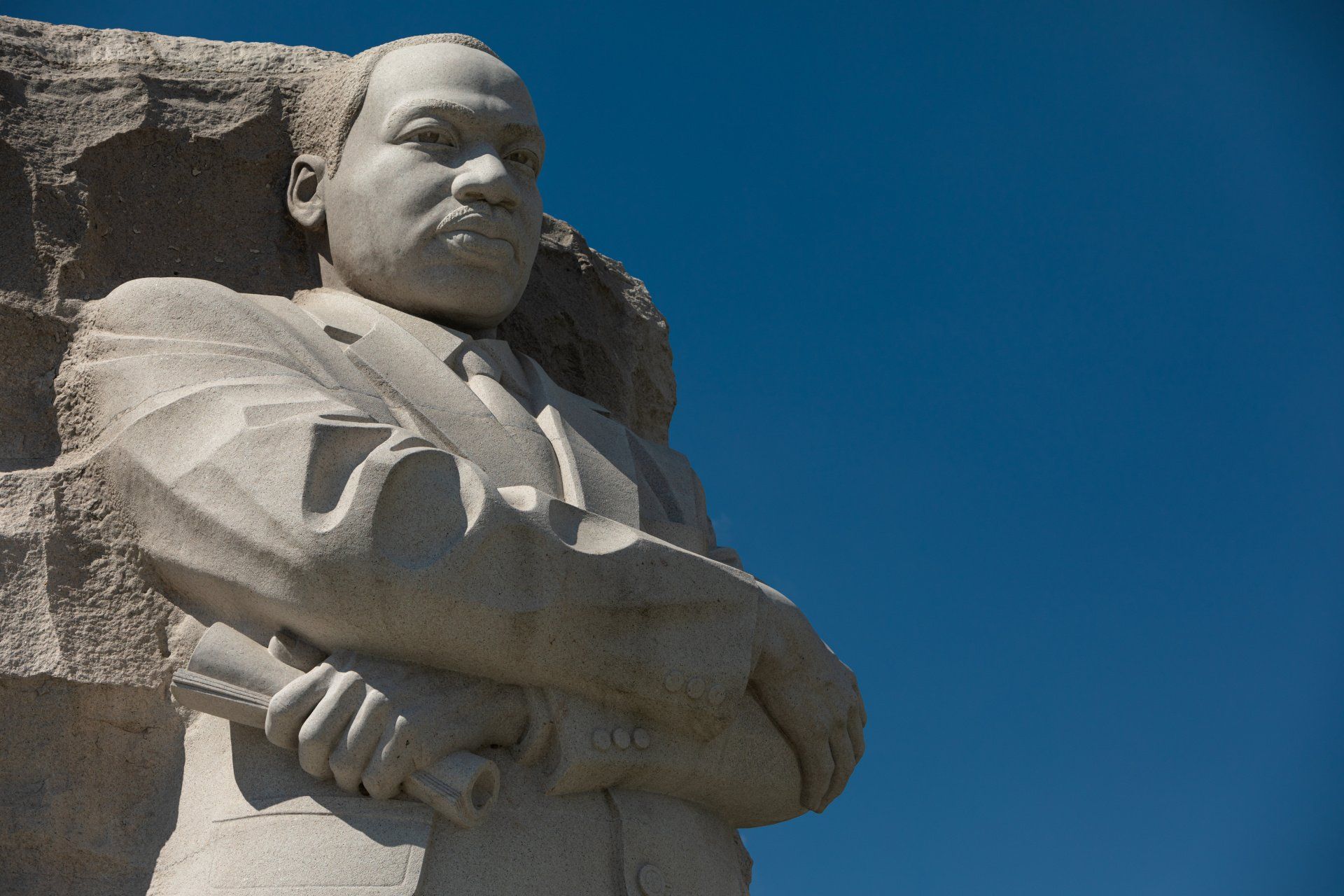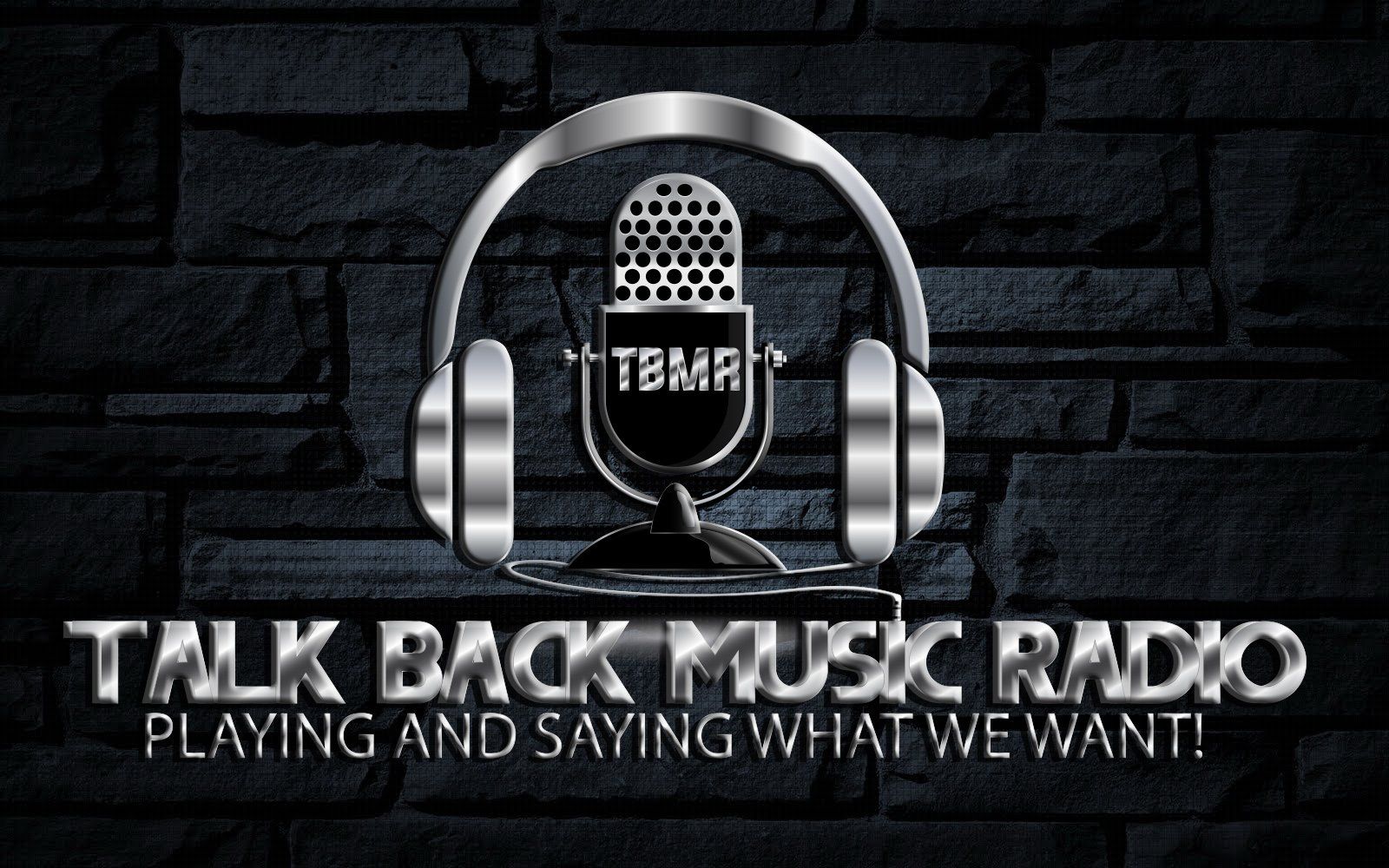Blog Layout
A Tale of Two Viruses
Sep 16, 2020

It was the best of times,
(we have witnessed unprecedented gains in the stock market and hedge fund investments).
It was the worst of times,
(growing numbers of heads of households needing to work at least two jobs to make ends meet).
It was the age of wisdom,
(technology growth outpaced human comprehension—you could hold the knowledge to the universe in one hand and eat cookie in the other).
It was the age of foolishness,
(you could make a generation’s worth of fortune playing a game).
It was the epoch of belief,
(the cursor was indeed mightier than the sword—if you wanted to sway opinion, all you had to do was say it on social media).
It was the epoch of incredulity, (a phrase like “fake news” could discredit decades of science, research and scholarship).
It was the season of Light,
(expressions of faith and self-reliance captivated a multitude of people in in ways that brought voluminous comfort and well-being).
It was a season of Darkness,
(expressions of disdain and animus reigned terror and tragedy upon young and old).
It was the Spring of hope,
(as is the case in every Spring new life abounded).
It was the Winter of despair,
(disenfranchised people around the planet were left unguarded and subject to the power of greed and ambition).
We had everything before us,
(it is the year 2020 and almost every publicly elected State official will be on the ballot, including the President of the United States).
We had nothing before us,
(and that’s where the story begins).
Prosecutors in Washington, DC, mounted a substantial investigation over a two-year period into election tampering in the 2016. They concluded that the American electorate’s internet fell victim to foreign intervention. It was virus of sorts – “a piece of code which is capable of copying itself and typically has a detrimental effect, such as corrupting the system or destroying data.” Our free and open election system was corrupted not by destroying data but through information manipulation. For the past nine months the keepers of our electoral process have toiled over deflecting improper voter manipulation this year. And thus far, they cannot say with an absolute certainty that their efforts have succeeded.
Now, in the past two months, another kind of virus has leapt onto the scene—"an infective agent that typically consists of a nucleic acid molecule in a protein coat, is too small to be seen by light microscopy, and is able to multiply only with the living cells of a host.” Thanks to the reporting of KTVU Channel 2 in Atlanta, GA, on March 6th I offer you the following:
“It is crucial to understand the difference between a virus and a disease. Colloquially, the phrases are used interchangeably. In a more literal sense, viruses cause diseases. The word coronavirus is more of an umbrella term that refers to a group of viruses that cause diseases like SARS, MERS and COVID-19.
As is often the case in the scientific world, coronavirus’ name is Latin. In the ancient language, corona means crown. According to Queensland Health, virions give off the appearance of a crown when the virus examined with an electron microscope.
As for the new disease caused by the coronavirus, it was originally called novel coronavirus. In February, the World Health Organization gave us the name COVID-19. The CO stands for corona. VI is for virus. And, D means disease. The 19 is for 2019, the year the disease first appeared in China.”
So here we are caught between two maladies reared in the 21st Century. One specifically designed to interfere with our democratic way of life; and, the other germinated over time but coincidentally unleashed to further exacerbate an already challenging election season. Both are equally deadly. If we fail to properly and informatively engage in our elections, we suffer. If we fail to properly and informatively maintain clean and sanitary living environs, we die (or get very sick).
The solution is clear. Self-discipline, vigilance and commitment is the cure. What we do individually is the remedy for us all. Now more than ever is the time to be your brother’s keeper.
Share
Tweet
Share
Mail
Thoughts from Henry Lancaster II

02 Mar, 2022
There is a phrase I am sure many of you have heard at one time or another: “hope springs eternal.” Another way to put it is a famous literary query “if Winter comes, can Spring be far behind?” Sixty-five years ago this May 17th, na-tional civil rights leaders called for a rally on the steps of the Lincoln Memorial hoping to get the federal government to fulfill the promise of the Brown v. Board of Education decision with supporting enabling legislation (more specifi-cally the Civil Rights of 1957 which, by the way, was filibustered to defeat by Senator Strom Thurmond). A very young Martin Luther King, Jr. joined the litany of presenters that day as the last speaker. The very young King noted that the monumental Brown decision was met with opposition in open defiance from many states. One form of opposition he addressed was “all types of conniving methods that are still being used to prevent Negroes from becoming registered voters.” He stated that the “denial of this sacred right is the tragic be-trayal of the highest mandates of our democratic tradition.” The defenders of voting rights today echo the same message in their challenges to restrictions being legislated al-most daily across the country. Decades before King, American writer and bard, James Weldon Johnson, wrote about democracy in America stating that “[t]his country can have no more democracy than it accords and guaran-tees to the humblest and weakest citizen.” Both King and Johnson spoke of the fulfillment of the American govern-ance experiment as having to be inclusive and non-judgmental. They more than intimated that America cannot suc-ceed if it does not allow all its citizens to have a voice. King stated, “Give us the ballot, and we will no longer have to worry the federal government about our basic rights. Give us the ballot, and we will no longer plead to the federal government for passage of an anti-lynching law; we will by the power of our vote write the law on the statute books of the South and bring an end to the das-tardly acts of the hooded perpetrators of violence. Give us the ballot, and we will transform the salient misdeeds of bloodthirsty mobs into the calculated good deeds of orderly citizens. Give us the ballot, and we will fill our legislative halls with men of goodwill and send to the sacred halls of Congress men who will not sign a “Southern Manifesto” because of their devotion to the manifesto of justice. Give us the ballot, and we will place judges on the benches of the South who will do justly and love mercy, and we will place at the head of the southern states governors who will, who have felt not only the tang of the human, but the glow of the Divine.” Arguably, the United States Constitution was intended to be the beginning of a nation’s evolution not a marker in time to fit the interests of those “in charge” at the time. I say arguably because so many of the founding fathers and their successors were purveyors of our country’s original sin. Contradictions have ravaged our past. But over time however, amendments have been adopted to right the wayward ship. And it is those amendments that have ex-panded the nation’s contract with its citizens that all men are created equal and are endowed with inalienable rights to life, liberty, and the pursuit of happiness. Voter suppression is hands down a breach of that contract. If one’s Second Amendment right to bear arms is con-sidered untouchable so should be another’s right to participate in structuring their governance. That is, a voter has the right to enter a polling place with the expectation that their vote can and will make a difference. If that voter is left with the impression in any way that the exercise of the right is mathematically insignificant for any reason other than their inability to rally like minded voters, then a breach has occurred. A breach of that magnitude is un-American. If hope truly springs eternal, it is because each election season has meaning for more than a privileged few. (References to Dr. King can be found at the King Research and Education Institute at Stanford University)
